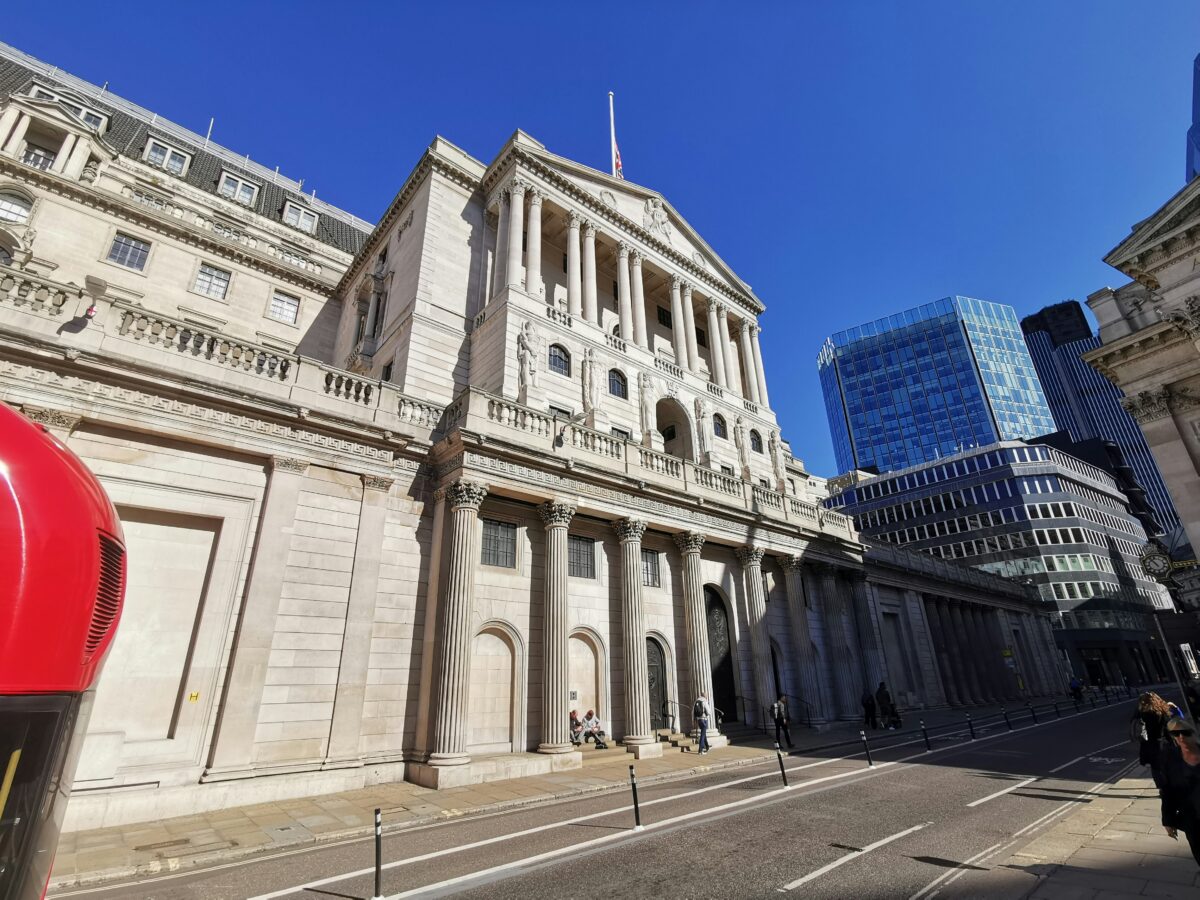With their latest update from the JOCHM UK Equity Income Fund covering performance, portfolio activity and outlook for the rest of 2024, fund managers, Clive Beagles and James Lowen have shared the following analysis:
Performance
Markets stabilised in September following volatility in August associated with the pressure on the yen-dollar carry trade, a global growth scare driven by poor US data and concern that the Fed was behind the curve. The Fund performed well compared to the index. The FTSE All Share index ended down -1.31%. The Fund was up 0.51%. Year-to-date, the Fund is up 18.51% compared to the market, which is up 10.16%.
Looking at the peer group, the Fund is the best performing Fund within the IA UK Equity Income sector year-to-date. On a longer-term basis, the Fund is ranked 1st quartile over three years, five years and 10 years and is the best Fund in the sector since inception in 2004.
The mining sector performed very strongly following the China stimulus noted above. Anglo American and Glencore were up 8-10% relative over the month. The Fund is overweight the sector. In contrast the oil sector, where the Fund is slightly underweight, underperformed due to the sluggish oil price.
Stock specifics were the main driver of the Fund’s aggregate outperformance during the month. Currys (up 10% relative) had a strong update and hosted a positive capital markets event which we attended in Oslo. Elsewhere in the retail sector Wickes (up 3% relative) had a strong update and Marks & Spencer (up 10% relative) continued to perform well. The common factor on the last two stocks is they are both taking market share due to successful strategies. Both our airline stocks (Easyjet / IAG Group) were also strong – up c. 15% relative as it became clear trading was stronger than expected across the summer.
The Fund received its sixth bid approach year-to-date, with TI Fluid Systems (up c. 25% relative) receiving a bid approach from a private equity backed competitor.
Elsewhere Ashmore was strong – up 20% relative, following further weakness in the US $ and the first cut in US interest rates, Eurocell was strong (up 22% relative) as results proved better than feared
Offsetting these positives a few stocks remained sluggish – these included Headlam (down 6% relative), which saw further downgrades and where there is a large stock overhang, our engineers (e.g. Morgan Advanced Materials – (down 9% relative), Centrica – partly linked to the fall in the oil price – down 9% relative and Kier and Zigup.
Portfolio Activity
As the Fund has continued to sustain relative strong performance, we saw a slightly higher tempo of activity to help ensure that the overall valuation level remained low while the dividend trajectory is enhanced.
We noted last month that we had retained the holding in Quanex that we received in August from the takeover of Tyman. This was sold in September following the spike in the share price, which has since dissipated, after its trading update.
We modestly trimmed Marks & Spencer, which has risen 150% since we first entered the stock. Our normalised earnings of 35p, which have been similar since our initial purchase, are more fairly valued following the increase in the share price. We also modestly trimmed Keller, which has been a strong performer and has had multiple upgrades but is now also on a lower yield. A number of other stocks were trimmed having performed well and gone above our 300bp maximum active position threshold, e.g. Standard Chartered. We continued to reduce Vistry into strength.
We added two new stocks to the Fund during the month – New River Retail and Vesuvius. We owned New River Retail c. 7-10 years ago, but sold it when the share price was buoyed (c. 300-330p) due to significant purchases by Woodford Asset Management. We have continued to monitor it since, as it has dealt with COVID-19, sold its pub business to de-gear the balance sheet and sold problem assets. The management team is very strong. Recent results have reported the best operating conditions since the Brexit vote, and retail asset valuations have started to stabilise and increase in certain areas. During September, the company did a front-foot transaction to purchase Capital & Regional – a similarly focused retail property business. The transaction, partly funded by a placing (at 80p) in which we participated, will be c. 15-20% accretive and has been transacted at the bottom of the cycle in terms of retail property valuations. Following this transaction, the stock trades on a dividend yield of c. 10%, and at a 30% discount to book value. We expect the book value to increase from here. The stock is c. 50bp of the Fund. The property sector is now c. 5% of the Fund, with the majority of the exposure within this focused towards retail assets.
With Vesuvius (an engineer with high market shares in steel flow control) added to the Fund, we now have two engineers in the Fund following the addition of Morgan Advanced Materials in the last 12 months. Vesuvius is a stock we have monitored for a number of years but not acquired it. What has changed? (a) The stock price has come down following a number of downgrades – down c. 20% year to date; (b) the valuation is low – a PE of 8x, with a yield of 6%+; (c) the balance sheet is strong, which has led to an initial share buyback, which we expect to be added to with a further share buyback; (d) its Indian exposure has continued to perform well. Its ownership of its two listed Indian subsidiaries is worth around 75% of its own market capitalisation, despite only contributing 10% to group revenue. We would be advocates of selling a small component of the two stakes, whilst still keeping control, and using the proceeds to acquire more shares via a buyback at the parent level. Finally, (e) the downgrade cycle should be coming to an end given interest rate reductions across the world and the China stimulus.
We further added to last month’s new addition – IAG (British Airways). Other stocks we added to on weakness included Sthree, Energean, First Group and Centrica.
Outlook
Developed economies have firmly entered a monetary policy easing phase in response to receding inflationary pressures and relatively sluggish growth. For the last three months, markets have been grappling with the fact that many of the stocks and sectors that will be beneficiaries of less restrictive monetary policy have also found trading sluggish over the summer.
Clearly, the Budget at the end of October is important; the Labour Government needs to move away from its backwards-looking commentary on the state of the public finances and instead concentrate on creating conditions that will improve consumer and business confidence and thus accelerate growth whilst at the same time reassuring the bond market that they will do so in a responsible manner.
Whilst the UK equity market has begun to perform better in recent times, valuations remain extremely supportive. After almost a decade in the wilderness, it will take more than a few months for the valuation gap to close, but that process has at least begun. We continue to be optimistic that there are a number of reasons why this gap will narrow further; UK companies remain highly vulnerable to M&A, with around 10% of our stocks having publicly revealed that they have received an approach this year.
With our fund continuing to offer a dividend yield close to 5% and a buyback return of a similar quantum, as well as many stocks trading on undemanding multiples, we remain excited about the prospect of future returns from our strategy.







